College of Science, Engineering & Technology
"Designing clean water storage systems is deeply personal to me"
"Growing up in a resource-constrained village in Mpumalanga, I witnessed firsthand the devastating impact of water pollution," says Nonkululeko Malomane. "Our community relied on boreholes and rainwater, but the water we collected in buckets and jerrycans often contained visible contaminants, posing a significant risk to our health. Despite this, we had no choice but to drink it."
This is the lived experience that fuels this year’s Unisa FameLab heat winner. Her passion for clean water storage systems is the driving force in ensuring access to safe drinking water and promoting public health.
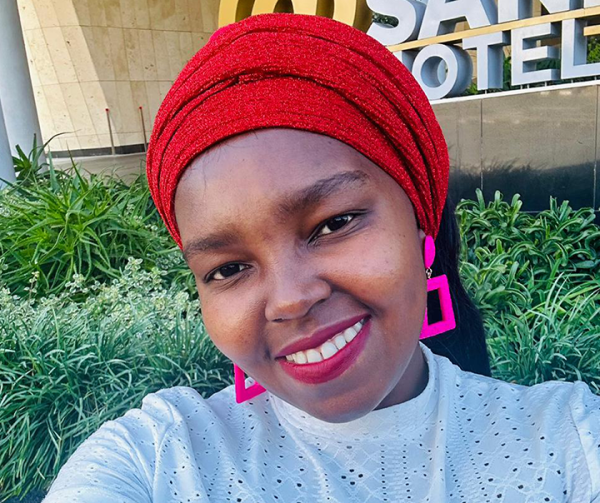
Nonkululeko Malomane
Malomane is a Master of Science in Chemistry candidate at the Institute for Nanotechnology and Water Sustainability in the College of Science, Engineering and Technology. Her current research focuses on the synthesis of nanostructured materials in combination with organic dyes to prevent biofilm formation in water storage systems.
With practical laboratory experience and a proactive problem-solving approach, Malomane is poised to contribute effectively to scientific and research-oriented roles. Her commitment in advancing chemical research is evident through her participation in the Nanostructured Materials Thematic Area Student Committee and co-authorship of recognised scientific papers.
"My motivation for this study goes beyond academic achievement; I am driven by a desire to create innovative solutions for sustainable water management that will benefit my community and beyond," she says with passion.
Research-informed innovation strives to ensure access to clean and safe water for society
Waterborne diseases, such as cholera, kill and overwhelm the health systems. Malomane says that the issue are the germs (bacteria in particular) that are found in water, which attach themselves to the walls of water storage systems, forming home-like structures that are called biofilms.
Biofilms lower the efficiency of common disinfectants to such an extent that not all germs die from them. The devastating consequences of this include the 2023 cholera outbreak in South Africa, which claimed 47 precious lives. To combat this, Malomane proposes an innovative solution: developing nanoparticle-coated water storage systems that harness sunlight to eliminate harmful germs before they form biofilms.
In honour of the 47 lives that have been lost, she is advocating for the need to support innovative solutions to ensure clean water access for all. "My ultimate goal is to help create a world where waterborne diseases are a thing of the past, and communities thrive with safe and healthy water," she expresses.
She says that achieving this goal can significantly improve public health in resource-constrained areas, and reduce the burden of waterborne diseases and their devastating impact on communities. This research has the potential to save countless lives, alleviating tragic loss of life caused by preventable waterborne illnesses.
In support of the United Nations Sustainable Goal 6, that of ensuring access to clean water and sanitation, Malomane says that by addressing this critical issue, we can create a brighter, healthier future for generations to come.
FameLab – a transformative science communication experience
Malomane will be representing Unisa at the 2024 FameLab SA semi-finals. FameLab is a programme that aims to develop science communication skills and, more specifically, public speaking skills in young scientists between the age of 21 to 35. While it takes the format of a competition, it is primarily a development initiative. Her winning three-minute science talk was judged on content, clarity and charisma.
"Participating in the FameLab heat competition was a transformative experience that taught me the value of effectively communicating science to the media and society," says Malomane. "I discovered the art of distilling my research into a concise, engaging message that resonates with diverse audiences."
She further states that the feedback from judges provided invaluable insights for growth, while the breakout room sessions with fellow participants allowed them to hone their skills in a supportive environment. "This empowering experience not only boosted my confidence in sharing my research but also instilled in me a growth mindset, reminding me that with a willingness to learn, we can achieve anything we set our minds to," she says with gratitude.
In preparation for the FameLab national semi-finals, Malomane says that she is looking forward to meeting fellow young science communicators, learning from their research and sharing her own work with a wider audience. She concludes: "I hope to build on my experience from the first round and continue improving my science communication skills."
* By Mpho Moloele, PR and Communications, Department of Research, Innovation and Commercialisation
Publish date: 2024-08-21 00:00:00.0


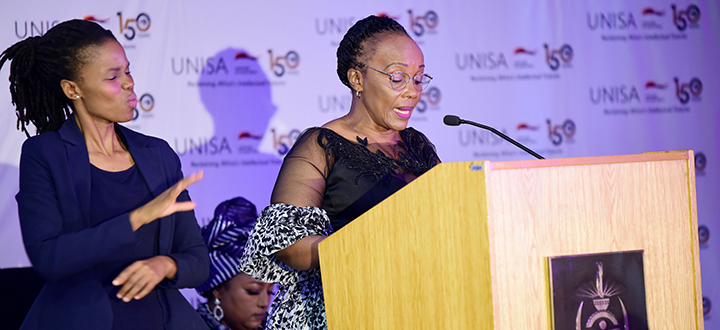 Reflecting on 68 years of women's progress
Reflecting on 68 years of women's progress
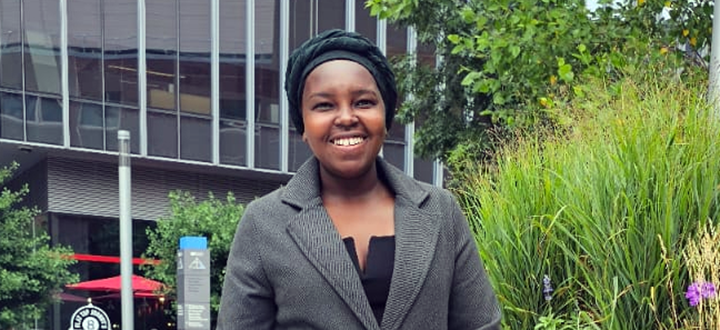 "Designing clean water storage systems is deeply personal to me"
"Designing clean water storage systems is deeply personal to me"
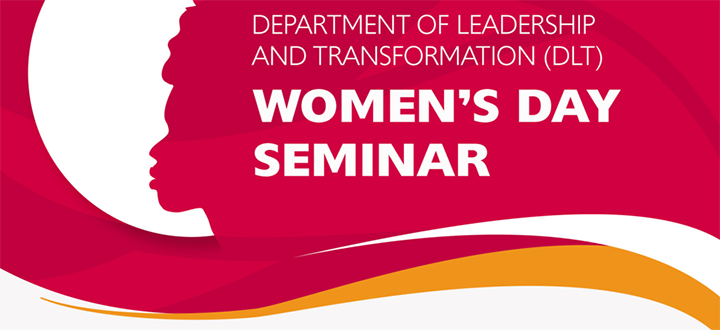 Discourses on black women leadership in the South African academy
Discourses on black women leadership in the South African academy
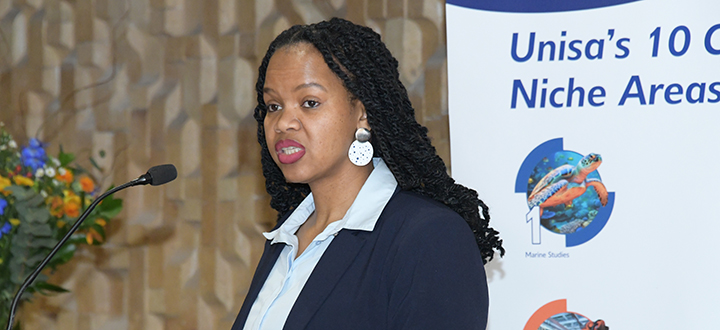 Day two of CNA Research Symposium focuses on aviation, aeronautics and strategic funding
Day two of CNA Research Symposium focuses on aviation, aeronautics and strategic funding
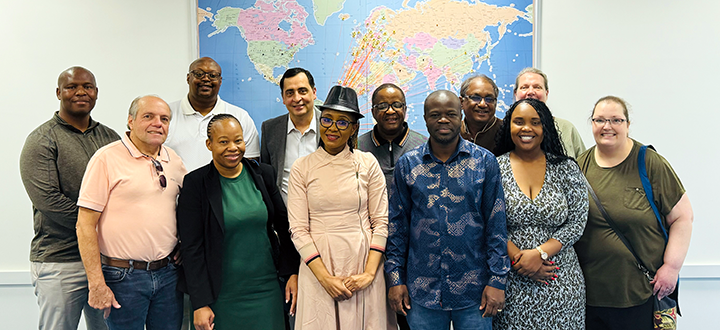 Unisa sets out to strengthen BRICS partnerships with Brazilian universities
Unisa sets out to strengthen BRICS partnerships with Brazilian universities